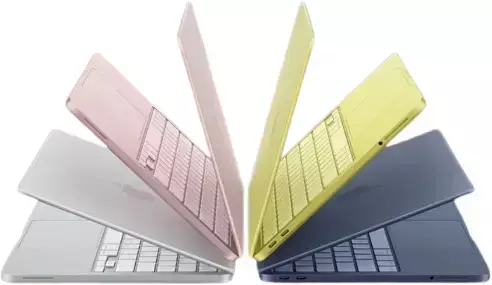Tips for maintaining menstrual hygiene and preventing infections

Proper menstrual hygiene is crucial for health and comfort during menstruation, reducing the risk of infections
Maintaining proper menstrual hygiene is essential for overall health and well-being, especially during menstruation. Poor menstrual hygiene can lead to discomfort and increase the risk of infections. Dr Tejal Kanwar, a Gynaecologist & Consultant at Ujaas, provides expert advice on how to maintain menstrual hygiene effectively and prevent infections for a more comfortable menstrual experience. Here are some key tips and practices to help you stay healthy and comfortable during your period.
Change Sanitary Products Regularly
One of the most crucial aspects of menstrual hygiene is changing your sanitary products frequently. Whether you use pads, tampons, menstrual cups, or period panties, it’s vital to change them at regular intervals:
♦ Tampons or Pads: Change every 4-6 hours.
♦ Menstrual Cups: Empty every 8-12 hours, depending on your flow.
♦ Period Panties: Change as often as you would regular underwear, typically once every 8-12 hours.
Maintain Personal Hygiene
♦ Wash Your Hands: Always wash your hands with soap and water before and after handling period products to prevent the transmission of germs.
♦ Regular Bathing: Bathe or shower regularly during menstruation and wash your genital region with warm water and mild soap to avoid irritation.
♦ Avoid Abrasive Soaps: Use mild, unscented soaps or intimate washes. Scented products can disrupt the natural pH balance of your vagina, leading to infections. The vagina is self-cleaning, so avoid using harsh soaps or douching, which can cause more harm than good.
Wear Appropriate Underwear
♦ Opt for Cotton Underwear: Cotton is breathable and helps to keep the area dry, preventing the growth of bacteria.
♦ Change Regularly: Ensure you change your underwear at least once a day, and more often if your flow is heavy or you experience leaks.
♦ Avoid Tight Clothing: Tight clothing can trap moisture and heat, creating a breeding ground for bacteria. Keeping the area dry and ventilated reduces the risk of infections.
Proper Disposal of Menstrual Products
♦ Safe Disposal: Wrap used pads or tampons in paper or plastic before discarding them. Avoid flushing menstrual products down the toilet to prevent clogging pipes.
Stay Hydrated and Eat a Nutritious Diet
♦ Hydration: Drinking enough water during your period can help reduce cramping and bloating.
♦ Nutritious Diet: Consuming a diet rich in fruits, vegetables, and whole grains while avoiding processed foods and excessive sugar can help alleviate period-related symptoms.
By following these tips, you can maintain menstrual hygiene and reduce the risk of infections, ensuring greater comfort during menstruation.










